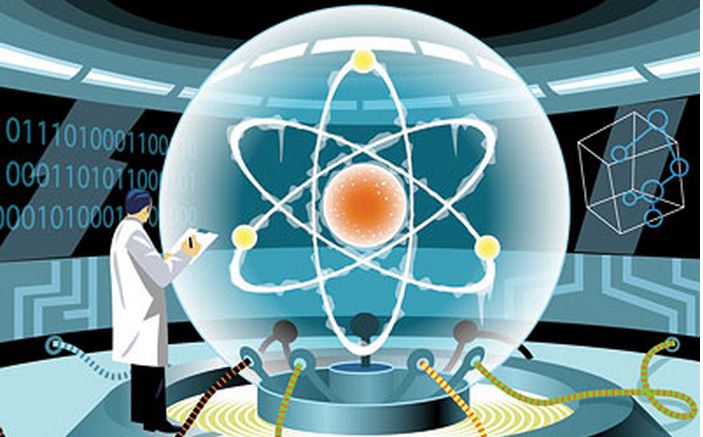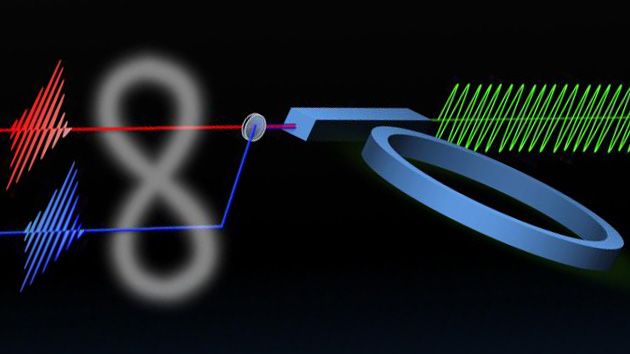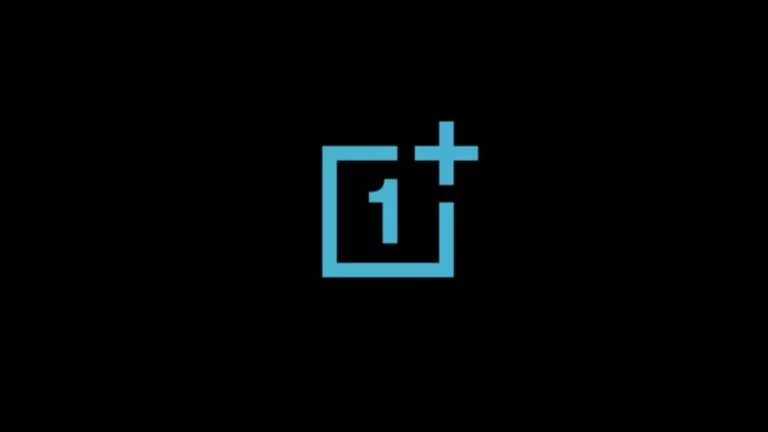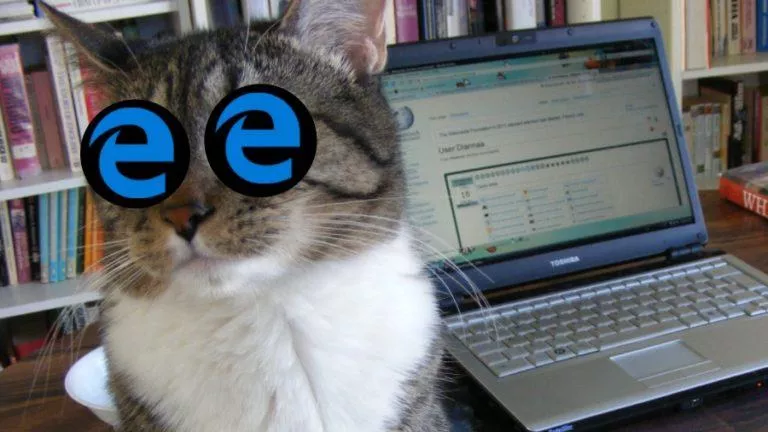Entangled Photons On Chips Could Lead To Super-Fast Computers

Ever wondered what advancements are taking place around the globe in the field of quantum computing? Is it even practical? Can the performance of our computer be boosted even further?
Well, the development of entangled photons on a chip has been a breakthrough in this field. Photon entanglement is a promising route to realise such technologies- if one photon can instantly affect the other irrespective of the distance between them, it will enable us to build super-fast computers and communications that are not limited by physical distances.
Usage of photons offers an additional advantage, as they can be considered to be vectors of information, due to their long coherence times at room temperature and the possibility of being transmitted over the existing optical fiber infrastructure.
The major problem so far has been that- an ideal integrated source of entangled photons needs to be CMOS compatible for cost-effective and reliable production, easily interfaced with fiber networks for long range transmission in the telecom band, and take up little real estate on the chip.
But recently, the researchers at Italy’s “University Degli Studi Di Pavia” have managed to overcome this problem and in this process, they have developed a tiny emitter that could pump out entangled photons as part of an otherwise ordinary silicon chip.
Also read: IBM is One Step Towards Making Quantum Computing A Reality
The device uses a ring shape to both rope in and emit light and has a radius of just 10 microns across making it much smaller than devices in use, currently which are comparatively gigantic.

With this work, the oft-quoted promise that ring resonators could serve as the sources of entangled photons has finally been fulfilled. Although, Intel’s new 14nm processors are far more intricate than this ring, but with some proper refinement, the entanglement rings could easily boost performance in certain tasks.
This technology still has huge potential as it can be used for both applications involving the transmission of quantum correlations over long distances, such as quantum cryptography or for applications involving quantum information processing on a chip.
SOURCE: OpticsInfoBase
Can advancements and applications of quantum computing make our computers faster? Tell us in comments!
Stay tuned for latest technology news from fossBytes.






